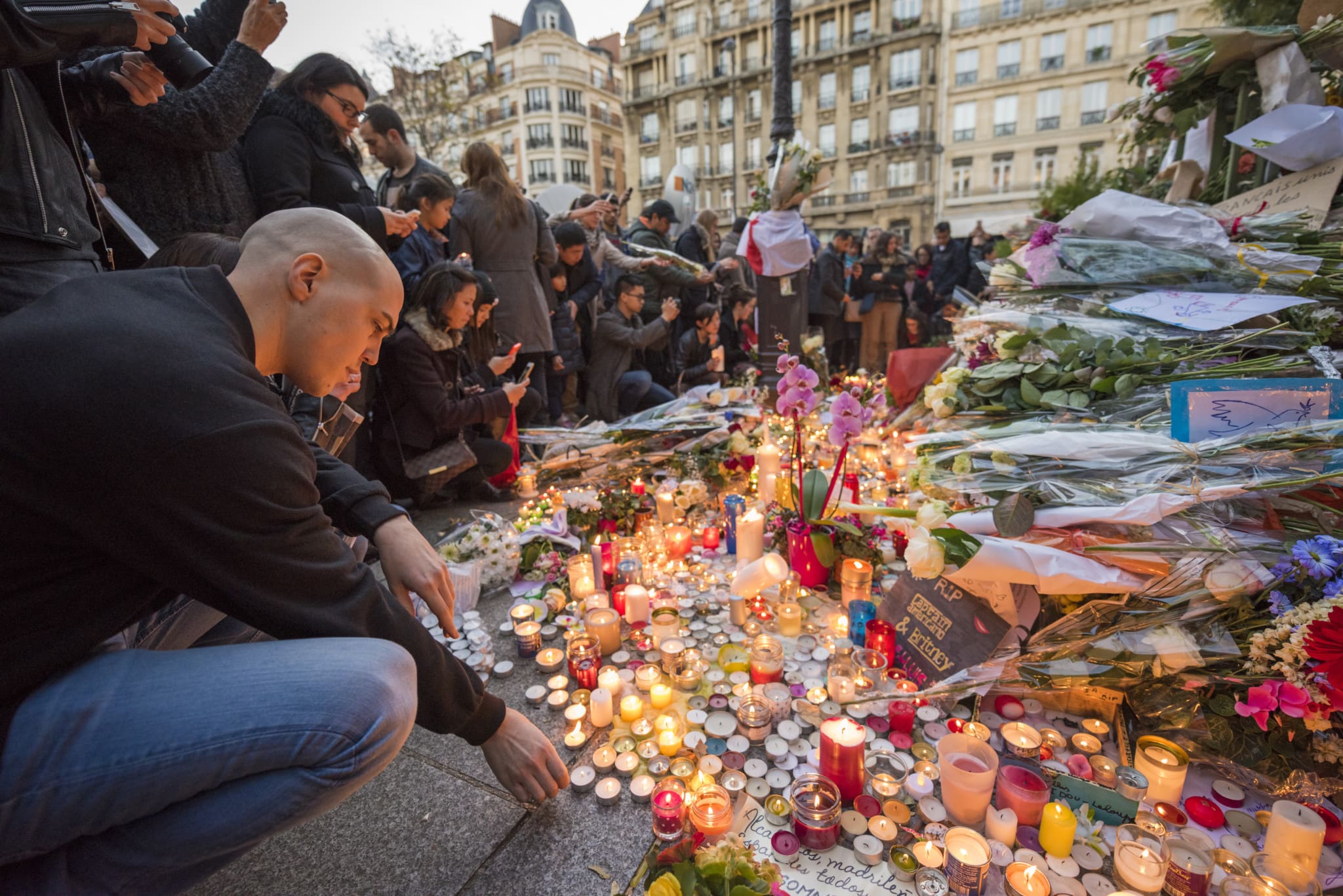More Islamic terror attacks, either completed or foiled, and more arrests in connection to jihadist terror attacks took place in France then any other EU member state last year, according to the latest Europol report.
The Terrorism Situation and Trend Report, published this week by the European Union’s law enforcement agency, revealed that a total of 11 Islamic terror attacks on European soil were attempted in 2021, of which eight were foiled and three were successfully executed. The figures are a considerable improvement on 2020, when of the 14 attempted terror attacks, just four were foiled and 10 were completed.
Of the 11 attacks planned by Islamic extremists last year, five were targeting France; two were planned in Germany; and a single case was reported each in Denmark, Hungary, Spain, and Sweden.
The foiled attempt in Hungary was linked to an arrest made on June 1 by authorities who detained a Hungarian citizen in Kecskemét on suspicion of planning a terrorist act in the country. The individual had reportedly declared his allegiance to IS and had “stated his intention to carry out attacks targeting venues linked to the European Football Championship using explosive devices and vehicle ramming,” the report stated. “Among other preparatory acts, he had procured material for manufacturing pipe bombs,” it added.
Other foiled attacks were tied to 13 arrests made in Denmark on Feb. 6 and 8. The individuals were detained for planning to carry out a terrorist attack in the country using firearms and IEDs; five of the 13 were eventually charged. Additionally, two men were charged in France on Nov. 29 for planning a knife attack during the Christmas holidays.
France remained the EU member state with the most arrests made on its soil for suspected jihadist terrorist offenses in 2021. Of the total 260 arrests across the bloc, 96 were conducted in France, with Spain and Germany trailing in its wake with 39 and 24, respectively.
The total figure of arrests was in line with the 254 arrests in 2020 but decreased significantly compared to the 436 arrests in 2019.
The Europol report stated that of the jihadist suspects arrested in 2021, 80 percent were male with an average age of 33, and the majority unsurprisingly had a Muslim background.
“The vast majority of the suspects were either citizens of a non-EU country or EU citizens born outside the EU,” the report stated. Morroco, Algeria, and Pakistan made up the top three most popular nationalities for non-EU arrestees.
The report added that the threat from jihadist terrorism in the EU was “most likely to materialize in attacks by individuals acting alone,” citing the three completed attacks in the bloc last year, all of which were perpetrated by lone actors.
“Small, ad hoc groups also pose a risk, given the ease of formation and the challenges in identifying and
monitoring them,” the report stated. It also highlighted that terrorist groups are more likely to be detected and have their plans foiled by authorities in the planning phase “given the greater extent of organization needed to coordinate a more complex attack.”






